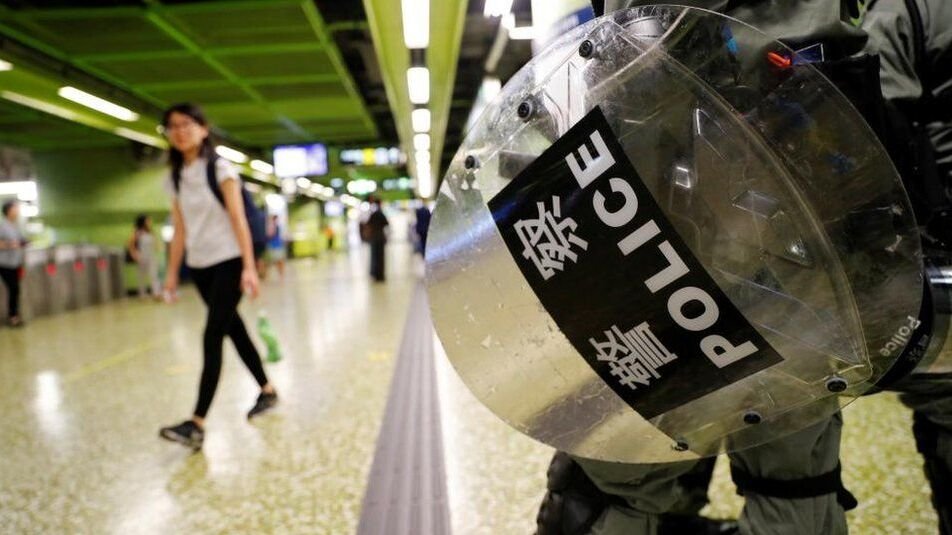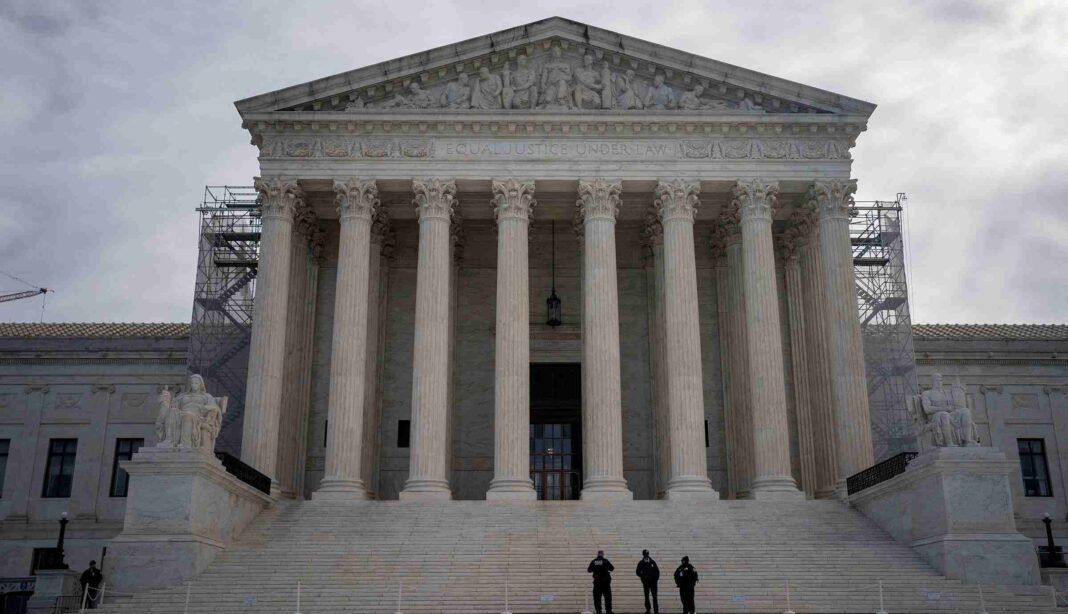Hong Kong has enacted a stringent security law under Article 23 aimed at bolstering stability, a move met with concern from critics who fear it will further diminish civil liberties.
Dubbed Article 23, the law introduces new offenses like external interference and insurrection, with potential penalties extending to life imprisonment. It underwent expedited approval by the pro-Beijing parliament in Hong Kong, taking less than two weeks to pass its final stage.
Article 23 builds upon China’s controversial national security law (NSL) implemented earlier, which already criminalizes acts such as secession, subversion, terrorism, and collusion with foreign entities within Hong Kong.
John Lee, Hong Kong’s leader, has emphasized the necessity of Article 23 to counter potential threats and safeguard against “ideas of an independent Hong Kong.” He hailed its passing as a “historic moment” long awaited by the people of Hong Kong.
China’s Vice Premier, Ding Xuexiang, echoed this sentiment, stating that the swift enactment of the legislation would protect “core national interests” and enable Hong Kong to prioritize economic development.
Since the passage of the NSL in 2020, numerous individuals have been arrested, contributing to a climate of fear, according to critics. Amnesty International’s China director, Sarah Brooks, described the new law as another blow to human rights, while Maya Wang from Human Rights Watch warned of Hong Kong’s descent into authoritarianism.
Critics and residents alike have raised concerns regarding the broad and ambiguous definitions within Article 23. George, a civil servant, expressed apprehension about the law’s interpretation of “state secrets,” fearing trivial actions could inadvertently lead to accusations and arrests.
Similarly, Liz, a corporate consultant now residing in Singapore, worries about the expansive scope of the “external interference” offense, fearing it could encompass routine international business activities, putting individuals at risk of prosecution.
Walter, employed at a Western consulate in Hong Kong, voiced concerns over the law’s potential impact on the city’s competitiveness. He criticized the lack of public discourse preceding the law’s enactment, questioning how such complex legislation was passed hastily without adequate discussion.
Article 23 has been on the agenda for Hong Kong authorities for years. Mandated by the Basic Law, the city’s mini-constitution, Hong Kong was tasked with enacting its own security legislation. Previous attempts, notably in 2003, were met with significant public opposition, leading to their failure.
In response to public concerns, the Hong Kong government asserted that Article 23 targets a specific subset of individuals posing a threat to national security rather than the general populace. They emphasized that law-abiding citizens would not inadvertently fall afoul of the law, requiring intent to endanger national security for an offense to occur.




